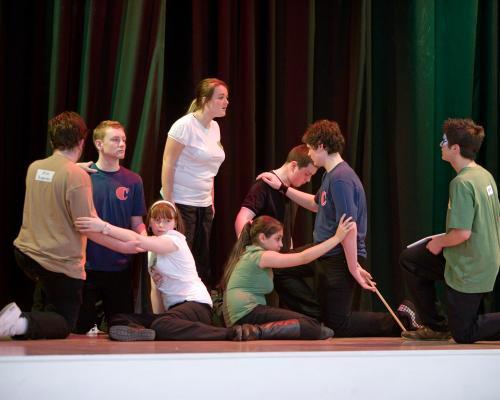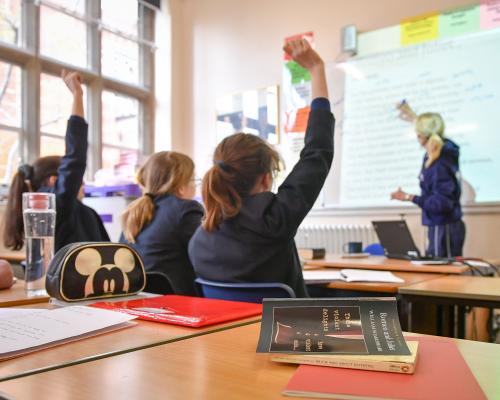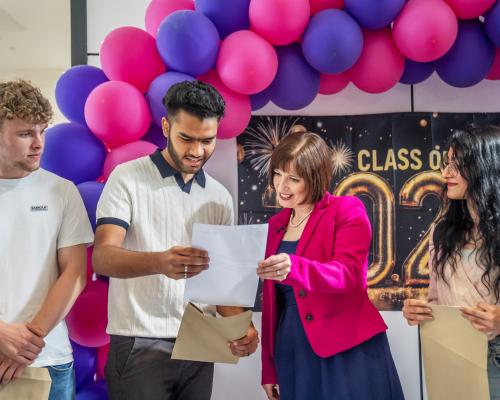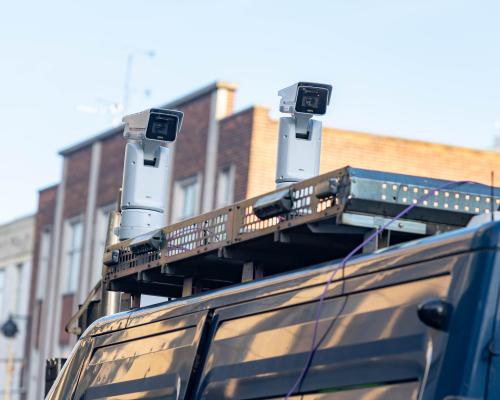
Why is it that, in all of the recent discussion of oral literacy (Letters, 30 July; Editorial, 27 July; Simon Jenkins, 24 July), there appears to be no mention of the one subject that already exists that has speaking and listening at its very heart: drama? Of course, discussion, debates, rehearsed readings – all of the things that advocates of oral literacy cite – are vital. And all are embedded within the drama curriculum. Debates don’t have to be formal; watch a group of children negotiate how to form and shape a piece of drama, and you see vivid debate in action. Rehearsed readings? Surely rehearsed performance is better. So why this apparent dismissal?
Perhaps it is distrust of the creative imagination that drama has as its very basis. Or the focus that the subject also has on movement as another vital tool of communication? Or is it a distaste for the apparent unruliness of the drama studio, where children do not sit in rows (other teachers dread covering for drama, in case they are required to oversee such chaos)? Of course, the debating chamber has its place. But what is for most children their most common oral experience, and frequently their most abiding memory? Performing in the school play, whether that be the infant nativity play or Shakespeare or some other challenging text. By all means, encourage oracy in the classroom. But don’t forget the drama studio or the school stage.
Chris Walters
Little Ickford, Buckinghamshire
• I would go further back than school to develop oracy in children. How sad to see so many parents pushing their children in buggies, or even carrying them in slings, but glued to their phones instead of engaging with them. Even from birth, it is so important to interact with the young child.
Jeanette Hamilton
Buxton, Derbyshire
• Have an opinion on anything you’ve read in the Guardian today? Please email us your letter and it will be considered for publication in our letters section.





